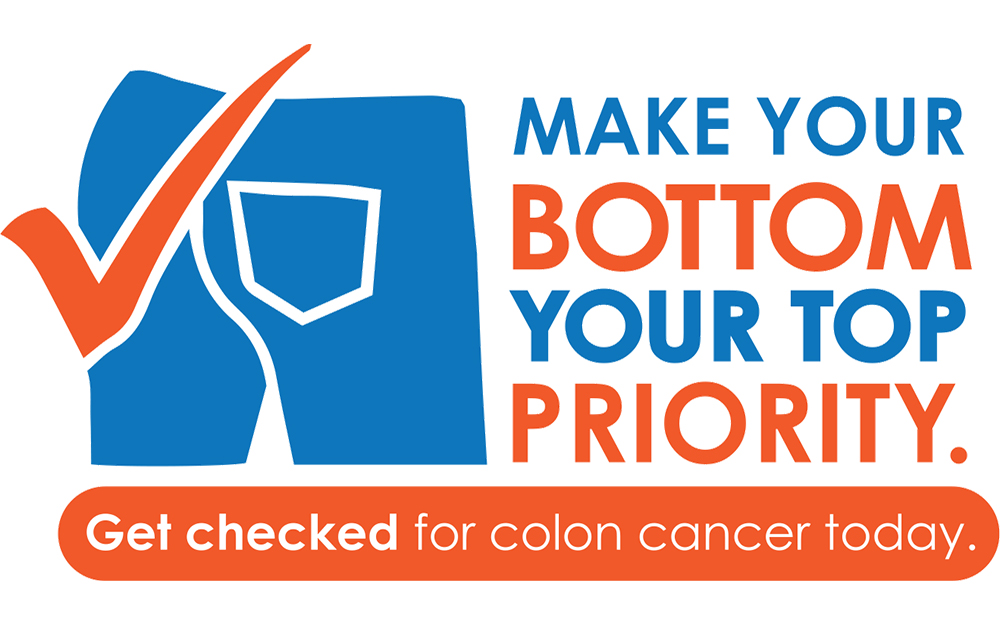
BY DR PETER KADILE
A colonoscopy is one way of screening for colon cancer. A colonoscopy is a procedure performed when a patient is sedated and a long flexible tube with a camera on one end is inserted into the rectum to inspect and visualize the colon. There are non-invasive ways of screening for colon cancer such as stool tests to check for blood (Fecal Occult Blood Tests) or stool tests to check for DNA associated with colon cancer cells (Cologuard). Another non-invasive method for screening is a “Virtual Colonoscopy”, which is a CT scan of the colon.
An important thing to consider if one chooses a non-invasive screening method is that if it is positive screen, then a colonoscopy has to be performed. The advantage of undergoing a colonoscopy is that if a cancerous appearing lesion (mass or polyp) is found, it can immediately be biopsied.
The United States Preventive Services Task Force (a panel of experts that make recommendations on preventive medicine), recommends screening for colon cancer starting at age 50 and continuing until age 75. The USPTF found convincing evidence that screening for colon cancer between the ages of 50-75 reduces the rate of death from colon cancer.
Colon cancer is the third most common cause of cancer deaths in the United States.
Risk factors for the development of colon cancer are:
– age (90% of colon cancers occur after the age of 50)
– sedentary lifestyle
– Obesity
– Tobacco smoker
– Low fiber, high fat diet, red meat, processed meats
– Diabetes
– inflammatory bowel diseases (Ulcerative colitis, Crohn’s disease)
– family history (linked to 20% of colorectal cancers)
The early stages of colon cancer may not present with symptoms, but as the cancer grows, symptoms can include:
– changes in bowel habits and stool consistency
– blood in stool
– abdominal pain and cramping
– painful bowel movements
– weakness or fatigue
– weight loss
– anemia
If you are above the age of 50, get screened for colon cancer.










































